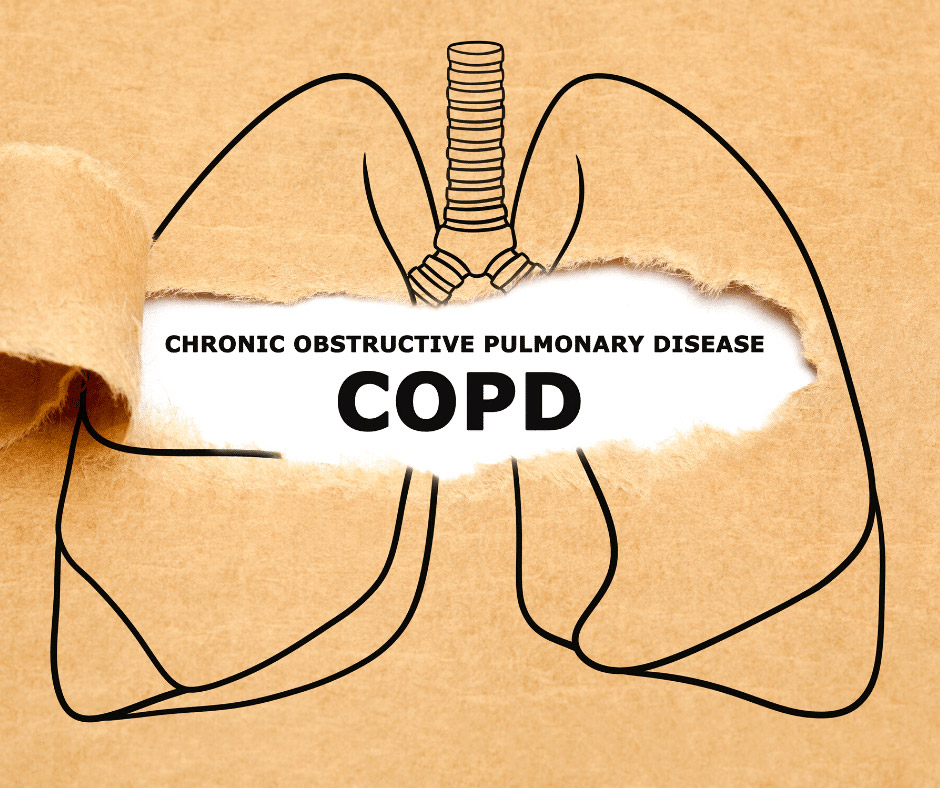Managing COPD in the Elderly: Treatments, Nutrition, and Supportive Care
This article provides a professional guide for managing COPD in the elderly, covering COPD treatment, breathing therapies, nutrition, and elderly care. It emphasizes genetic and immune considerations, foods to consume or avoid, daily management strategies, and insights from clinical research. The article offers objective, science-based guidance for patients and caregivers to improve quality of life and manage symptoms effectively.
Understanding COPD
Chronic Obstructive Pulmonary Disease (COPD) is a progressive lung disorder that affects breathing and overall health. It mainly impacts older adults but can also occur in younger adults with risk factors such as long-term smoking, environmental exposures, or genetic predispositions. Understanding COPD treatment, elderly care, breathing treatment, and food and nutrition strategies is essential for maintaining health and preventing complications.
Research and clinical studies indicate that a combination of lifestyle adjustments, targeted therapies, and personalized care can improve daily functioning, reduce symptom burden, and enhance quality of life. Emerging studies also explore genetic COPD treatment options and approaches for patients with underlying immune deficiencies, such as how to treat primary immunodeficiency.
COPD Treatment Approaches
Elderly COPD Treatment
Managing COPD in elderly patients requires careful evaluation of age-related lung changes and comorbidities. Common approaches include:
- Regular monitoring of oxygen saturation and lung function
- Inhaled medications such as bronchodilators (prescription drugs) and corticosteroids (prescription drugs)
- Pulmonary rehabilitation programs to improve lung efficiency and stamina
Pulmonary rehabilitation often includes supervised exercise, breathing techniques, and education to help patients perform daily activities more comfortably.
Breathing Treatment Techniques
Effective breathing treatment helps manage shortness of breath and improves oxygenation. Techniques include:
- Pursed-lip breathing: slows exhalation and reduces airway collapse
- Diaphragmatic breathing: strengthens the diaphragm and enhances oxygen exchange
- Controlled coughing exercises to clear mucus
Integrating these techniques into daily routines can support lung function, especially when combined with regular physical activity.
Nutrition and Dietary Considerations
Role of Food and Nutrition in COPD
Food and nutrition are fundamental for maintaining strength, immunity, and respiratory function. Malnutrition can exacerbate COPD symptoms and increase vulnerability to infections.
Key dietary recommendations:
- High-protein foods such as lean meats, eggs, legumes to preserve muscle mass
- Foods rich in antioxidants (fruits and vegetables) to counter oxidative stress
- Omega-3 fatty acids from fish or supplements (consult with healthcare provider) to reduce inflammation
- Limit sodium intake to prevent fluid retention and difficulty breathing
Foods to avoid or minimize:
- High-salt processed foods, such as pickled products, canned meals, and instant noodles
- High-sugar foods, including candies, desserts, and sugar-sweetened beverages, which may affect weight and blood sugar
- High-fat fried foods, which can increase inflammation and cardiovascular burden
- Excessive dairy products for individuals who may experience thicker mucus production
Practical Meal Strategies
- Small, frequent meals to avoid post-meal breathlessness
- Adequate hydration to keep mucus thin and facilitate clearance
Fruits Beneficial for COPD
Research indicates that blueberries and oranges are very beneficial for people with COPD! Blueberries are rich in antioxidants and anti-inflammatory compounds, which can help reduce oxidative stress in the lungs. Oranges provide vitamin C and other nutrients that support immune function and respiratory health. Incorporating these fruits into a balanced diet can be an effective part of COPD management.
Practical Meal Strategies
- Eat small, frequent meals to avoid post-meal breathlessness
- Maintain adequate hydration to keep mucus thin
Genetic and Immune Considerations
Genetic COPD Treatment
Certain COPD cases have a genetic basis, such as Alpha-1 Antitrypsin Deficiency, which accelerates lung tissue damage. Genetic COPD treatment involves:
- Genetic testing to identify susceptibility
- Personalized therapy plans including medications or augmentation therapy (prescription drug)
- Regular monitoring for early intervention
How to Treat Primary Immunodeficiency in COPD Patients
Patients with immune deficiencies may experience worsened COPD symptoms due to frequent respiratory infections. Treatment strategies include:
- Immunoglobulin replacement therapy (prescription drug)
- Vaccinations against respiratory infections
- Preventive care plans to reduce exacerbation risk
Clinical Studies and Emerging Treatments
Current Research in COPD
Clinical studies explore innovative treatments, including:
- Advanced inhalers and combination medications
- Gene therapy approaches for genetically predisposed patients
- Lifestyle interventions integrating nutrition, exercise, and breathing techniques
Participation in clinical trials may provide access to emerging therapies and insights into effectiveness.
Evaluating Evidence-Based Practices
Patients and caregivers are encouraged to review published clinical studies to understand potential benefits, risks, and applicability. Many studies provide insights into integrated programs combining rehabilitation, medication, and nutritional support for elderly COPD patients.
Elderly Care and Daily Management
Comprehensive Elderly COPD Care
Elderly care for COPD involves medical, emotional, and environmental considerations:
- Ensuring smoke-free, well-ventilated living spaces
- Monitoring oxygen levels with home devices
- Supporting adherence to medications and breathing exercises
- Encouraging gentle physical activity to maintain stamina
Practical Daily Tips
- Organize medications with pillboxes or reminder apps
- Use adaptive tools to reduce effort during chores
- Schedule routine check-ups to detect exacerbations early
- Incorporate social interaction and mental health support
These strategies enhance independence and overall well-being while complementing COPD treatment protocols.
Integrating Nutrition and Treatment for Better Outcomes
Combining Diet, Medication, and Breathing Therapies
Integration improves quality of life:
- Nutritional support enhances medication efficacy
- Adequate hydration aids mucus clearance
- Breathing exercises complement pharmacological treatments
By combining medication, breathing training, and a balanced diet while avoiding foods that may exacerbate symptoms, patients can maintain better daily function and reduce discomfort.
Conclusion: A Holistic Approach to COPD Management
COPD management requires a holistic approach encompassing elderly COPD treatment, breathing treatment, nutrition, genetic evaluation, and immune support.
While COPD is a chronic condition without a definitive cure, combining clinical care, lifestyle adjustments, rehabilitation, and informed nutrition helps improve quality of life. Patients and caregivers are encouraged to explore evidence-based treatments and adopt practical daily strategies tailored to individual needs.
